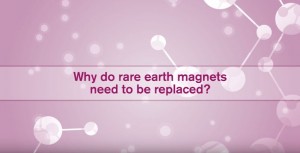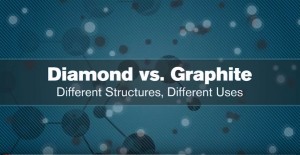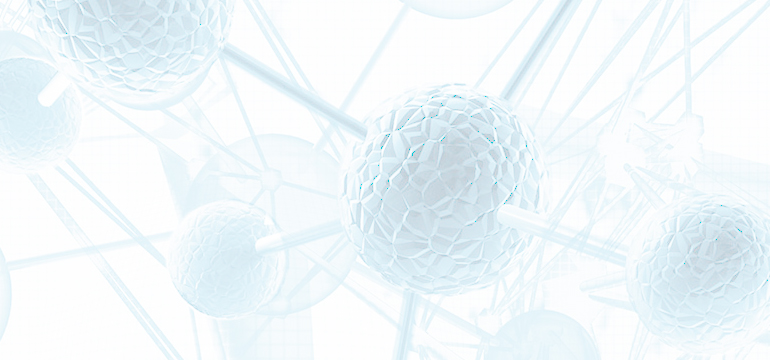

Summer Research Experience for Teachers (RET)
June 19 – August 11, 2023
Applications are no longer being accepted for 2023.
Chicago Public School teachers: please note that we are aware of the overlap of CPS scheduling and the RET program start date. This will not negatively impact your ability to participate in the program.
The Center provides a Research Experience for Teachers (RET) program each summer. Middle-school, high-school, and community-college teachers are eligible to apply. Participating teachers engage in research, develop a network of scientific colleagues, learn scientific and technological developments, and discover ways to transfer this knowledge to their classroom. Teachers are matched up with a center faculty based on research interests.
Program participants conduct hands-on, cutting-edge research for eight weeks. At the end of the program, the teachers are asked to summarize their findings in a technical final report and to develop a short curriculum project based on their research that can be adapted to their own classrooms. In addition, they also have the opportunity to give a 15-minute oral presentation at the closing symposium. Other program activities include a field trip to a national lab or an industrial research site and seminars by Northwestern faculty.
For an overview of Center research, please visit our research section. A list of some previous projects is also available.
Our RET program participants receive an $8,500 stipend. A travel supplement and/or on-campus housing are available for participants outside of the immediate Chicagoland area.
To be eligible for the program, the teacher must be a U.S. citizen or permanent resident, have at least a bachelor’s degree in science or engineering, and be able to conduct on-site research during the entire eight weeks of the program.
For further information, contact mrc-ret@northwestern.edu, 847-467-0470.
Materials World Modules (MWM)
First established in 1993, the Materials World Modules (MWM) are hands-on, inquiry and design-based units for middle and high school students that have been used by over 100,000 students in schools across 49 states. Based on materials science and nanotechnology principles, this interdisciplinary approach engages students, adds relevance to traditional curriculum, and has been shown to improve science knowledge for all students.
National Science (AAAS, NSES) and Math (NCTM) standards – as well as selected state Science and Math standards – have been mapped to the activities and design project(s) of most MWM and all National Center for Learning and Teaching in Nanoscale Science and Engineering (NCLT) modules. Nationwide field tests demonstrate an average student achievement gain of 2-3 standard deviations after participating in a single two week MWM module.
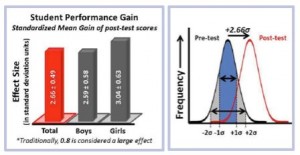
Examples of interdisciplinary modules include Composites, Ceramics, Concrete, Biosensors, Biodegradable Materials, Smart Sensors, Polymers, Food Packaging, Sports Materials, Solar Cells, Nanotechnology, and Drug Delivery.
The MWM Program was introduced to the State of Chihuahua, Mexico in May of 2005 through a series of teacher workshops highlighting a number of modules translated into the Spanish language. Since then, NU-MRSEC has collaborated with the MWM program to help MWM-Mexico to expand its impact around the whole of Mexico. Available Spanish modules include Sports, Concrete, Composites, Biosensors, Biodegradables, Introduction to Nanotechnology.
During the past two years, MWM has also been working with schools in Qatar and China.

Materials World Modules (MWM) in international education and outreach.
For more details, please visit the MWM site.
Partnership with Museums
Chicago Museum of Science and Industry
The NU-MRSEC has partnered with the Chicago Museum of Science and Industry to create a new temporary exhibit focused on materials science and society. The goal of the exhibit is to showcase the tandem relationship between human mastery of materials and the advancement of human civilization. The display features the latest in materials design and technology with applications in space exploration and nanotechnology. The exhibit features displays of a variety of material samples that will engage the audience through the senses of sight and touch while leveraging the leadership and technical resources of Northwestern.
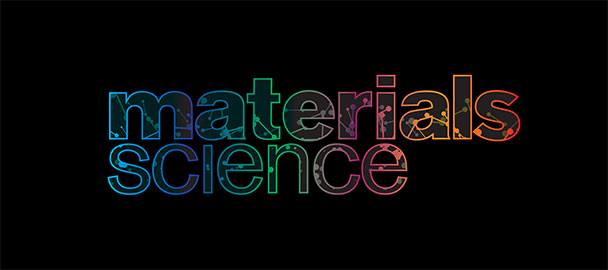
The Materials Science Exhibit opened on March 19, 2015. More>
Two videos from the exhibit can be found by clicking on the images below.
Chicago Children’s Museum
The NU-MRSEC has partnered with the Chicago Children’s Museum to create a new exhibit experience, Tinkering Lab, focused on the self-guided exploration of materials. Northwestern undergraduate and graduate students have been recruited by the Center to participate in developing the display by experimenting with different approaches to facilitation for various age and demographic groups. The exhibit offers visitors the opportunity to experiment with a variety of materials and tools. Northwestern students are involved in prototyping how different combinations of materials or different types of facilitation will best enhance the experience for visitors. The opening date of the exhibit is February 2013. More info>
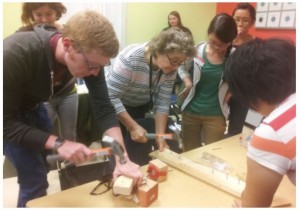
Northwestern students prototyping the Tinkering Lab exhibit at the Chicago Childrens’ Museum
ETOPiA
The Engineering Transdisciplinary Outreach Project in the Arts (ETOPiA) uses performance arts in the McCormick School of Engineering and Applied Sciences to inspire a cross-disciplinary dialogue about the role of science and technology in society. This annual event highlights the pursuit and application of knowledge by individuals whose historical and personal circumstances span from tragic to epic.
ETOPiA strives to generate awareness among students of all ages and disciplines about the interdependence of the different fields of study, and the services, responsibilities, and obligations of engineers and scientists in today’s society.
ETOPiA was founded by MRSEC Researcher Professor Matthew Grayson, and receives support from the NU-MRSEC.
—————
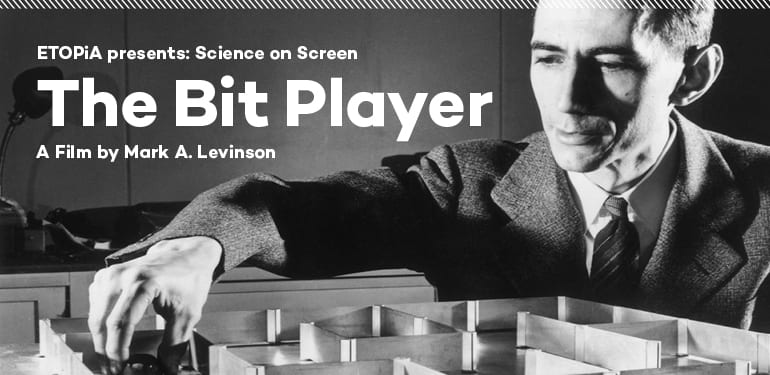
The Fall 2019 ETOPiA season will present “Science on Screen” as a new way to promote and inspire conversation. Each film screening will be followed by a faculty-led discussion.
In a blockbuster paper in 1948, Claude Shannon introduced the notion of a “bit” and laid the foundation for the information age. His ideas ripple through nearly every aspect of modern life, influencing such diverse fields as communication, computing, cryptography, neuroscience, artificial intelligence, cosmology, linguistics, and genetics. But when interviewed in the 1980s, Shannon was more interested in showing off the gadgets he’d constructed — juggling robots, a Rubik’s Cube solving machine, a wearable computer to win at roulette, a unicycle without pedals, a flame-throwing trumpet — than rehashing the past. Mixing contemporary interviews, archival film, animation and dialogue drawn from interviews conducted with Shannon himself, The Bit Player tells the story of an overlooked genius who revolutionized the world, but never lost his childlike curiosity.
Performance Dates:
Friday, November 1, 7:30pm
Saturday, November 2, 7:30pm
Sunday, November 3, 7:30pm
Past Performances
2018 Spring: Copenhagen
2017 Fall: Science on Screen/Cosmos in Concert
2016 Fall: Friday Night at the Movies: The Believers, Particle Fever, and Tim’s Vermeer
2016 Spring: Mill Girls
2015:A Life of Galileo
2014: Grounded
2013:The Agony and the Ecstasy of Steve Jobs
2012: The How and the Why
2011: A Number
2010:QED
2009: Manya: A living History of Marie Curie
2008: Copenhagen


